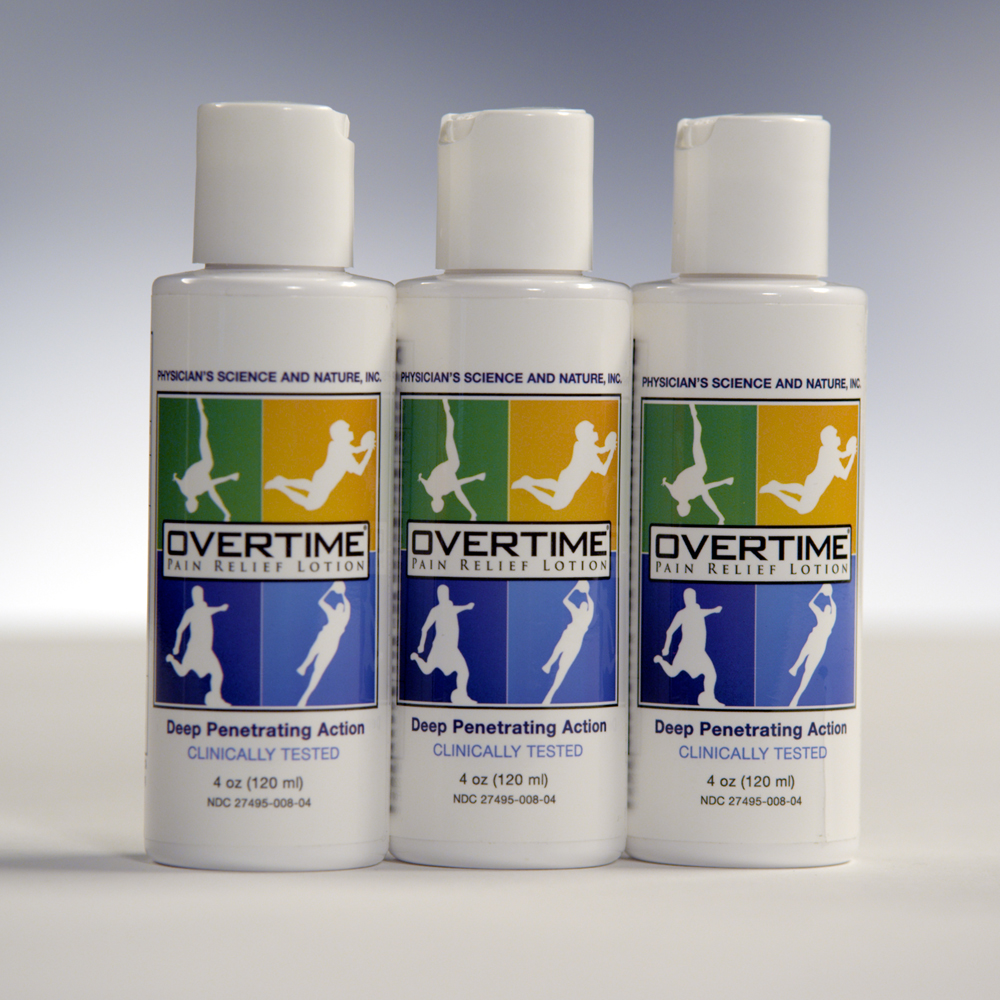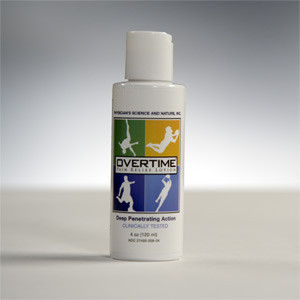What is tendonitis pain?
Tendons are very tough fibrous bands of collagen that anchor muscles to their bone attachments. All muscles need tendons to affect movement of the bones and the body. While tough, tendons can stretch. They can, however, be injured with sudden pulling, twisting, or hyper-extending, resulting in varying degrees of tears of the collagen fibers.
Tendons that become inflamed with over use or repetitive use are known as tendonitis. This condition may occur in any muscle or joint and is most common in shoulder tendonitis, tennis elbow, and Achilles tendonitis. Symptoms include pain, swelling, and tenderness in the muscle, tendon, or joint. Movement of the injured body part aggravates the pain.
Achilles tendons are commonly injured in sports and a complete rupture is common in people who overdo activities without proper conditioning, such as weekend warriors. Partial or complete tendons sprains are very common in sports and can occur to anyone, at any age, regardless of physical condition.
What causes tendonitis pain?
Tendons can thicken over time depending on the workload demanded of them. When they become too thick, tendons may actually interfere with other normal tissues such as nerves. Without proper use or with poor conditioning, tendons can degenerate and become weak thereby increasing the risk of sprain, tearing, or rupturing.
How to treat tendonitis pain
Most tendonitis injuries heal within a few weeks. Minor tendon sprains are usually treated with rest, elevation of the affected area, local ice for 24-48 hours followed by heat, and anti-inflammatory medications. Occasionally tendonitis may improve with steroid injections.
However, because tendons are tough tissues and blood flow is limited, healing of some tendon sprains may require weeks or months. Some severe tendon tears may require extensive physical rehabilitation and never fully recover.
Other treatments for tendonitis pain are over-the-counter pain medication, prescription narcotic pain medication, rest, physical therapy, steroid injections, and traction. These treatments are typically not sufficient and, in the case of oral medication, have serious side effects such as sedation, nausea, constipation, and addiction. Extended use of over-the-counter medications, such as ibuprofen, naproxen, and acetaminophen, can cause stomach ulcers and kidney, heart, or liver failure. Surgery may be required if the pain does not resolve or when severe nerve damage is evident.
Sudden severe pain, especially in the chest, arms, or head, pain associated with fever, numbness or weakness, or pain in any area of the body that does not resolve after a couple of weeks, should always be evaluated by a physician to be certain that other medical conditions, including heart disease, stroke, infections, or even cancer is not the underlying cause of pain.
Nerve pain treatment alternatives
Developed by a UCLA-trained, pain specialist medical physician, Overtime Pain Relief Lotion is clinically tested, safe, and effective to reduce inflammation and help temporarily relieve minor headaches and pains from underlying muscle, arthritis, joint, neck and back pain symptoms.
The unique formula of Overtime Pain Relief Lotion combines seven natural, scientifically proven pain relieving ingredients and anti-inflammatory agents. The lotion formula penetrates deeper and faster into aching tissue for fast, long-lasting relief. No other topical pain product has been proven to be stronger than Overtime Pain Relief Lotion.
Overtime Pain Relief Lotion is an FDA registered over-the-counter product that’s available to you direct without a prescription, manufactured in the USA in an FDA-Certified Lab, and recommended by physicians across America.
Order now at no risk
Try Overtime Pain Relief Lotion for yourself and find out why nearly 90% of pain sufferers who use our pain cream ask for more again and again. With our 30-day money-back guarantee, you’ve got little to lose, except your pain.


